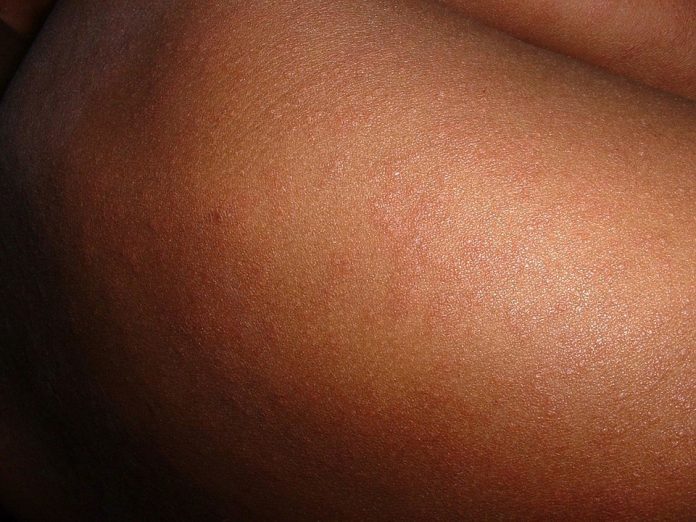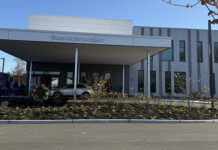
NEWARK – If you were at Newark Liberty International Airport recently, you could have been exposed to measles.
The New Jersey Department of Health announced another case of measles confirmed in a traveler from Tel Aviv, Israel who arrived in Terminal C at Newark Airport on April 16.
The traveler was infectious on that day and may have exposed others to measles, officials stated.
If you found yourself in Terminal C on April 16 between 4 and 8 a.m., you may have been exposed to measles and, if infected, could develop symptoms as late as May 7.
New Jersey residents on this infected individual’s flight will be identified and notified by their local health department.
If you believe you have been exposed, make sure to call your health care provider before going to a medical office or emergency department to protect other patients and medical staff from possible infection.
Measles symptoms include rash, high fever, cough, runny nose and red, watery eyes. It can cause serious complications such as pneumonia and encephalitis (swelling of the brain). Measles infection in a pregnant woman can lead to miscarriage, premature birth or a low-birth-weight baby. Measles is easily spread through the air when someone coughs or sneezes, or through contact with mucus or saliva from an infected person.
“Two doses of measles vaccine are about 97 percent effective in preventing measles,” said Dr. Christina Tan, state epidemiologist. “We urge everyone to check to make sure they and their family members are up-to-date on measles/mumps/rubella (MMR) vaccine and all other age-appropriate immunizations. Getting vaccinated not only protects you, it protects others around you who are too young to get the vaccine or can’t receive it for medical reasons. If you’re planning an international trip, the World Health Organization recommends that adults or adolescents unsure of their immune status get a dose of measles vaccine before traveling.”
For more information about measles, contact your health care provider, or visit the New Jersey Department of Health website at state.nj.us/health/cd/topics/measles.shtml.






